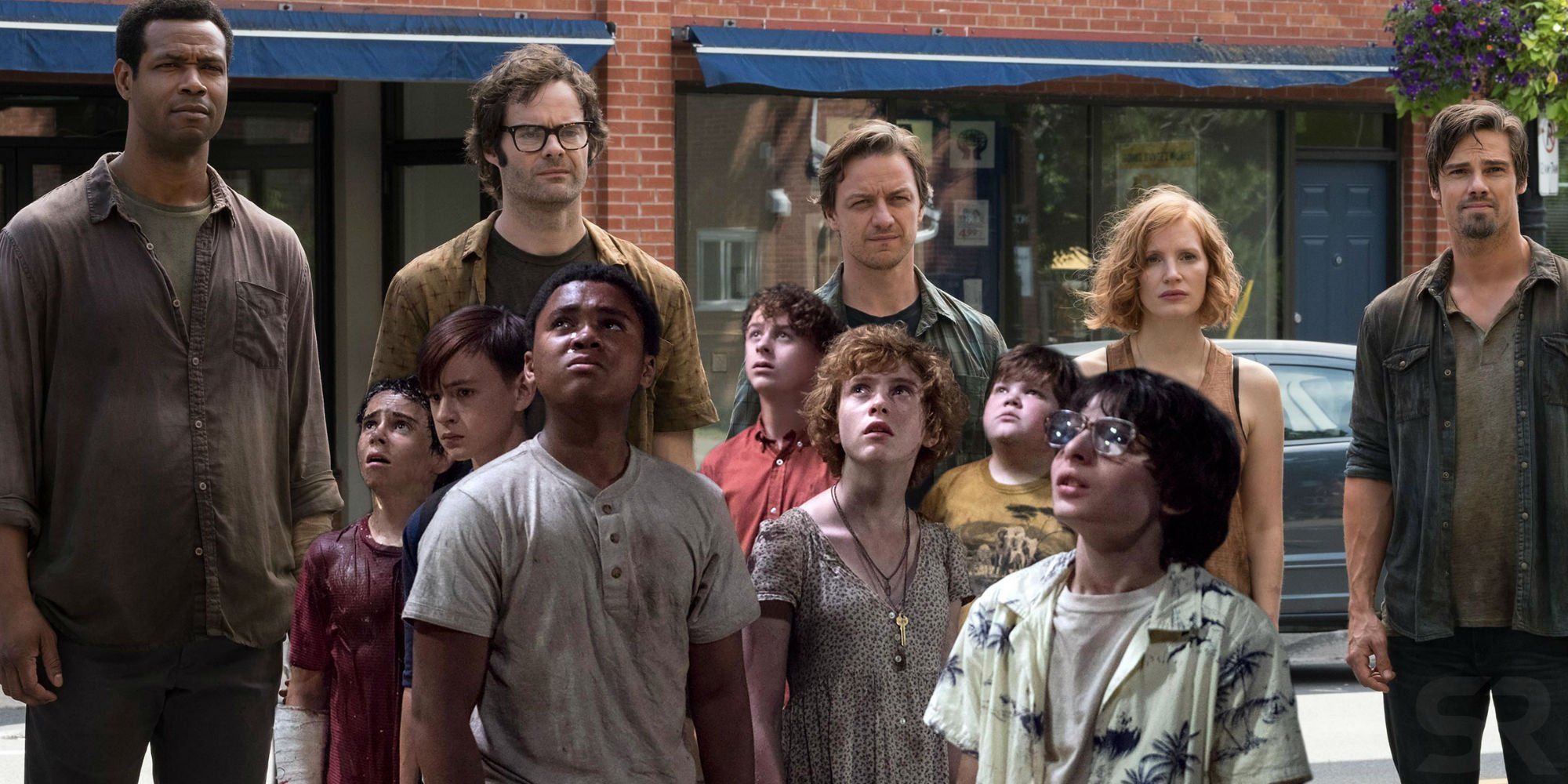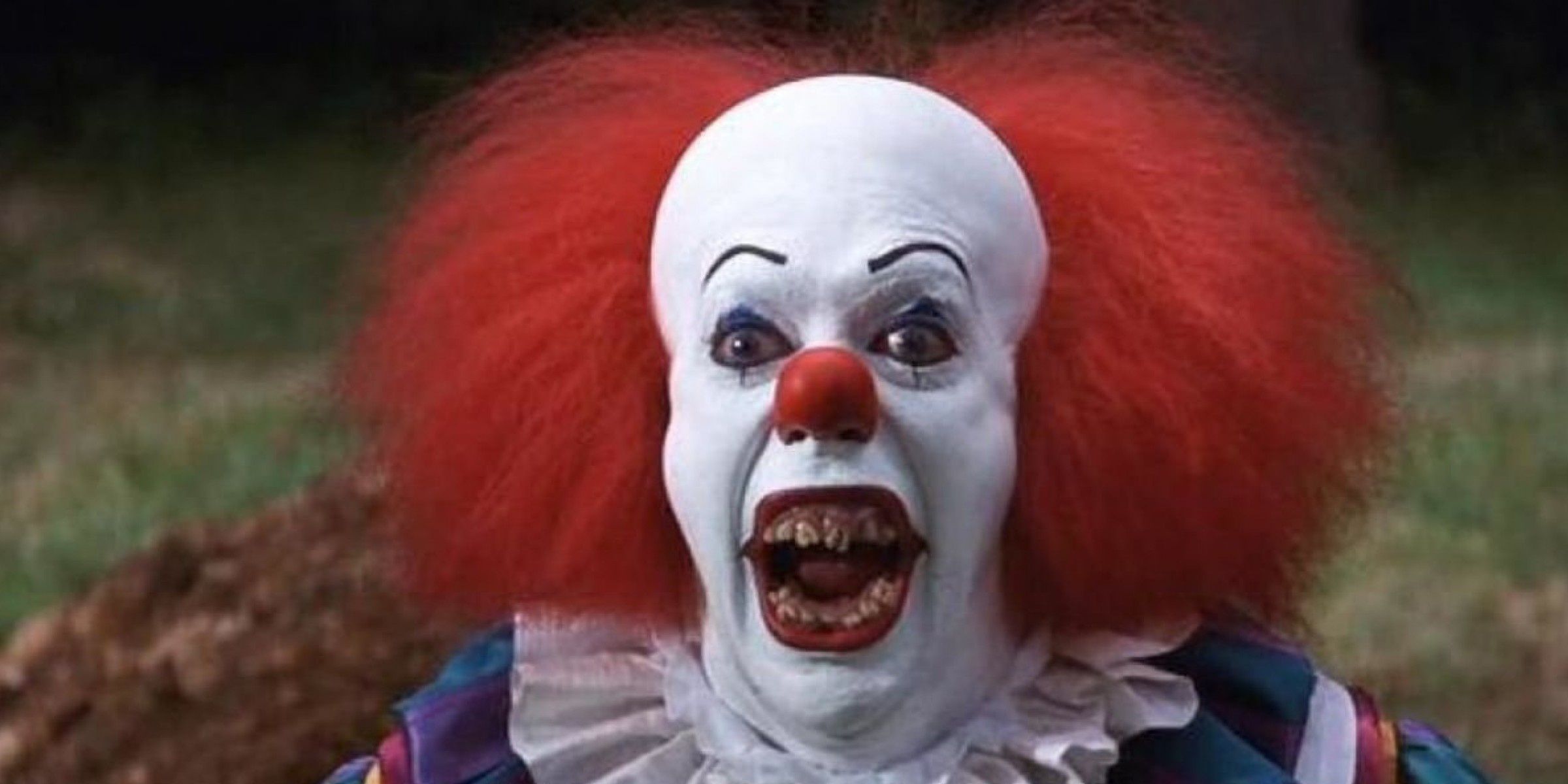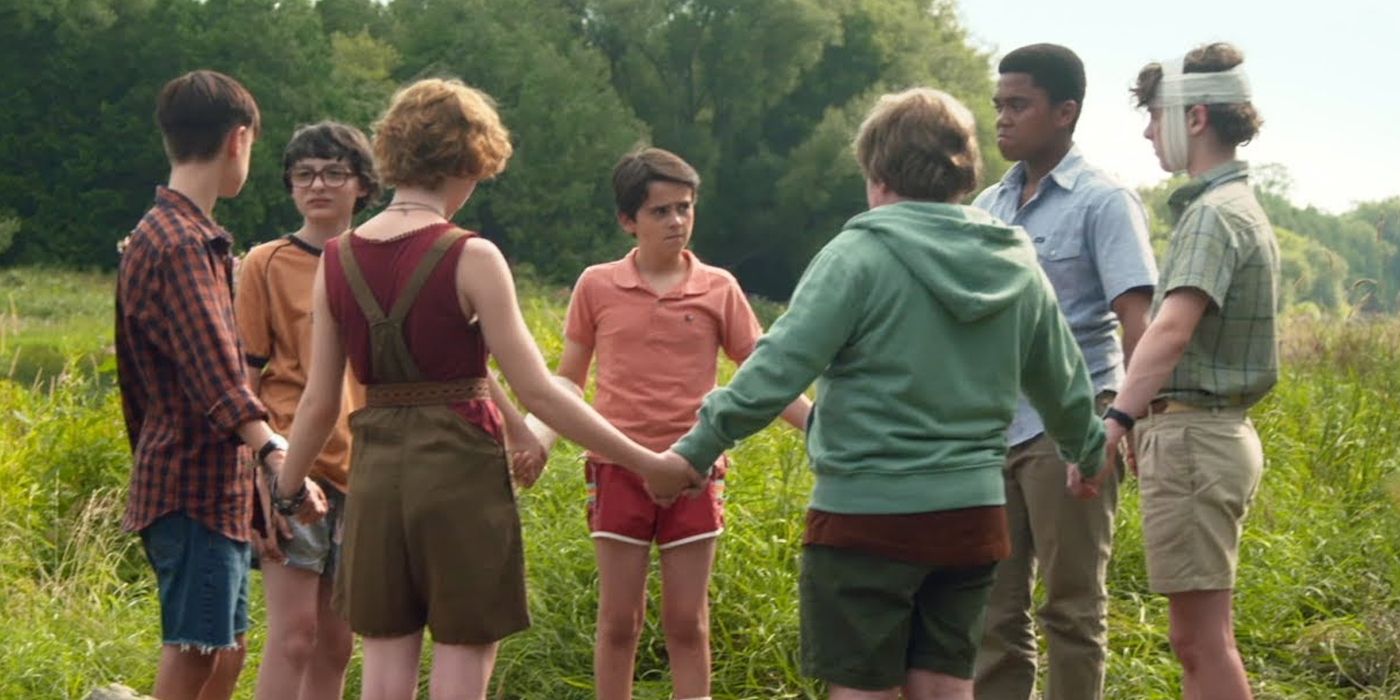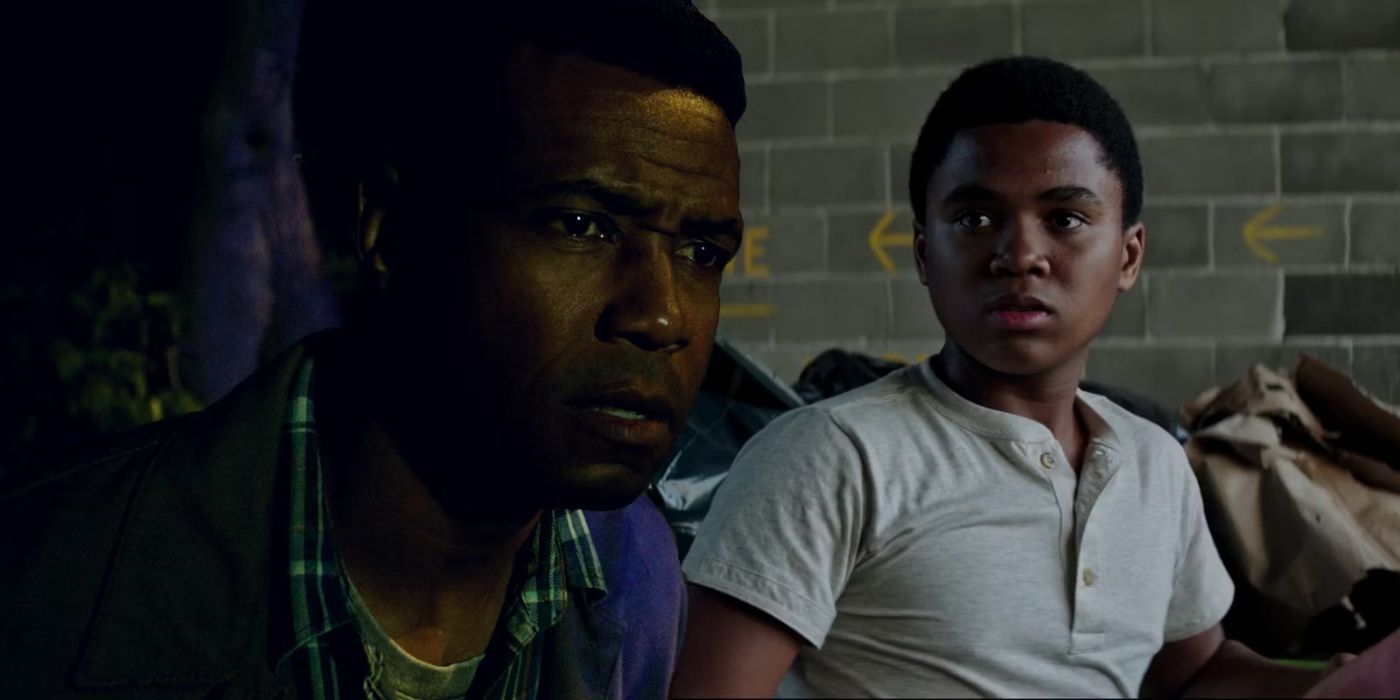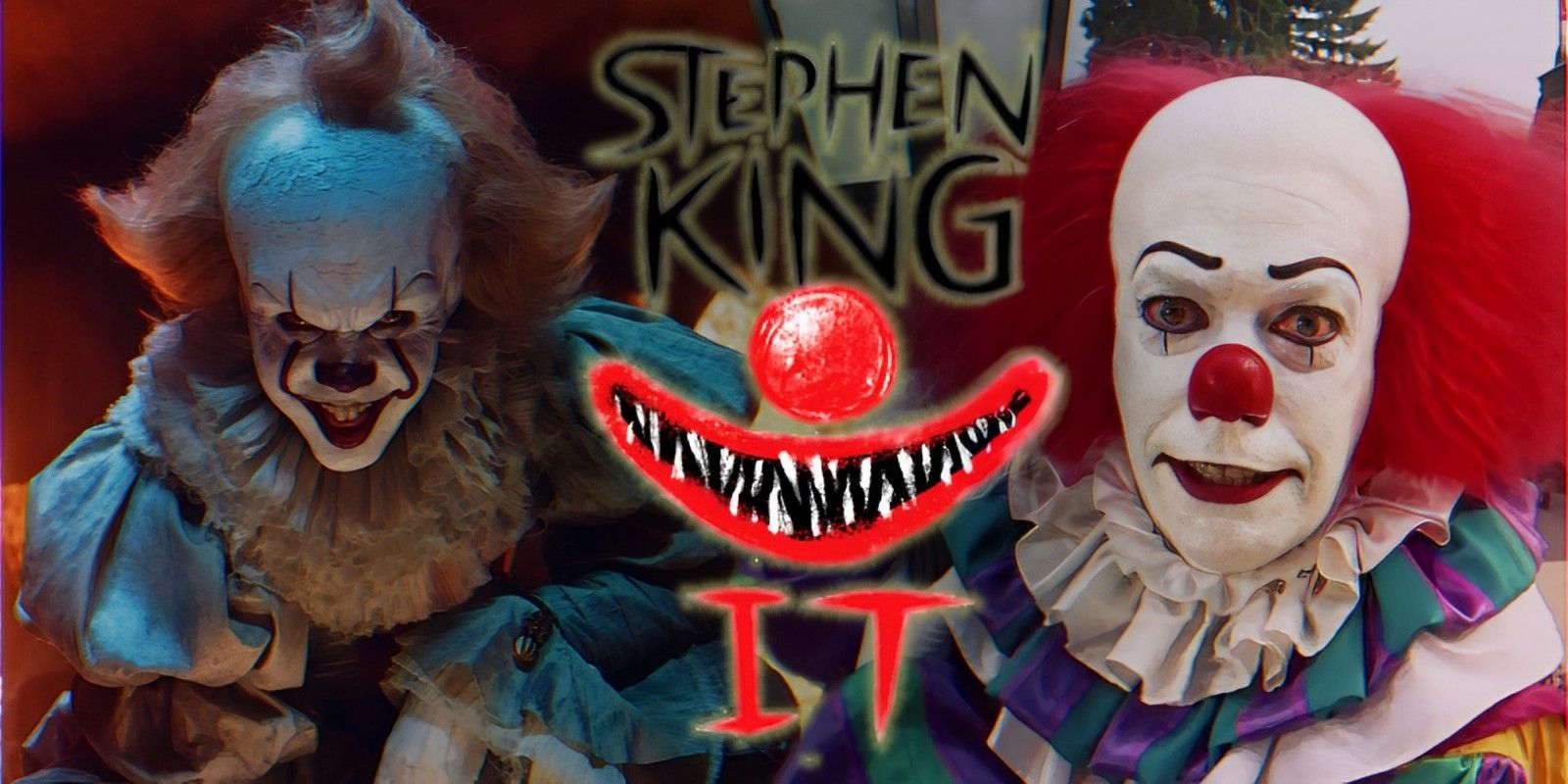Summary
- The controversial scene involving an underage orgy in Stephen King's It book was rightfully excluded from both adaptations because of its explicit and disturbing nature.
- The absence of this scene continues to be a topic of discussion among fans, but it does not define the overall impact and popularity of the novel and its adaptations.
- The It movies made other changes to the source material, such as altering the time period and making character adjustments, while still staying faithful to the core story and characters.
This article discusses sexual subjects that some may find disturbing.
Stephen King's 1986 novel It is unusually long, clocking in at 1,138 pages for its original hardcover release. That necessitated significant changes when it was adapted to the screen. Chief among them was the book's regular use of flashbacks, periodically shifting between the childhoods of his misfit heroes in the late 1950s and their adult lives 27 years later. The book's popularity saw it adapted into a 1990 TV miniseries and a 2017/2019 movie duology, with the titular entity portrayed by Tim Curry and Bill Skarsgård in the corresponding version. The second adaptation of It switched things up by dividing each era in two and effectively shooting them as separate films.
However, that wasn't the only change to the source material, nor the most drastic. One passage, in particular, was stricken from both adaptations -- for very good reasons. The pertinent section of the book remains controversial, even today. Dropping it from any It adaptations has become not only understandable but necessary. After all, the It book controversy in question involved an underage orgy.
Updated by Timothy Blake Donohoo on December 5, 2023: Stephen King's It novel has continued to be a massively popular book. It's largely the author's most popular book, and the adaptations have only helped this renown. Nevertheless, fans have continued noting the absence of one infamous scene. As long as the novel remains a landmark title in horror, that scene in It will continue to define it and its adaptations in some way.
The Controversial Scene in the IT Book Is Too Scarring for the Screen
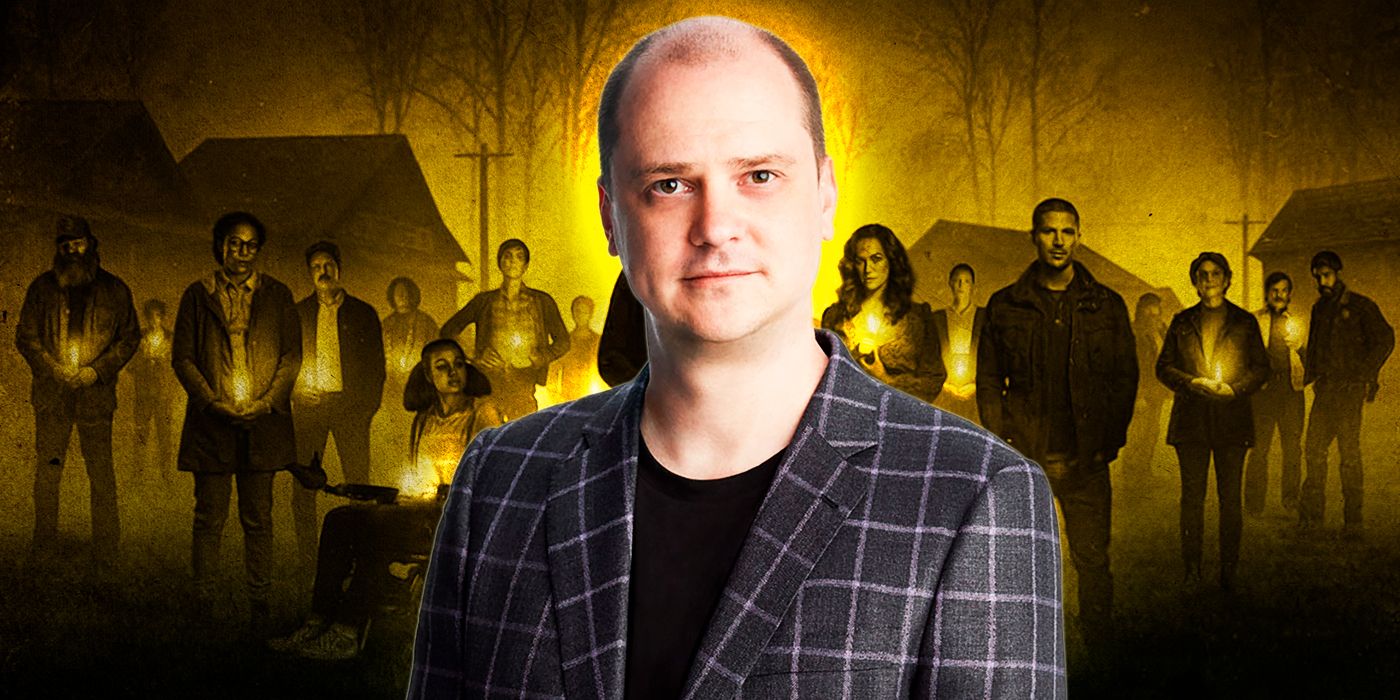
Why Mike Flanagan Is the Best at Directing Stephen King's Works
Good Stephen King screen adaptations seem hard to come by, but Mike Flanagan has achieved success with several of King's works for two main reasons.Stephen King's It centers on the seven members of "The Losers Club," outsiders in the town of Derry, Maine, who bond one summer in the face of their battle with Pennywise, the child-killing monster clown in the sewers. Those bonds fade when they become adults, as do some of the memories of what happened. These glimpses of their past re-emerge when Pennywise returns, spurring them to confront him. King, whose compelling and believable protagonists are among his greatest strengths as an author, went all-in on The Losers Club, resulting in some of his most beloved characters.
That also included a segment that clearly went too far in depicting their special connection. To this day, it's earned the It book controversy. Late in the novel, after the young Losers Club vanquished Pennywise for the first time, each of the six boys has sex with Beverly Marsh as the others watch. The It book orgy was implemented for two reasons. For one, the thought was that Pennywise only haunted and terrorized children. Thus, the male members of the Losers Club all have sex with Beverly, seeing the act as the end of their childhood. Conversely, it also bonds them together, even if the less than romantic situation happens in a sewer.
That scene from It has been considered by many to be both explosive and, frankly, gross, although King maintains his intentions were honorable. As reported by Gizmodo, King stated he wanted to convey a transition from childhood to adulthood, and sex simply seemed the best way to accomplish that. The author was also in the throes of a serious drug and alcohol addiction at the time he wrote It, which he detailed in his autobiography, On Writing. That also likely affected his decision to include the scene in the novel. Regardless of the intentions, the It book orgy remains the most notable scene from the original novel, which is why it isn't present in either adaptation.
That Scene from It Isn't In Either of the Adaptations
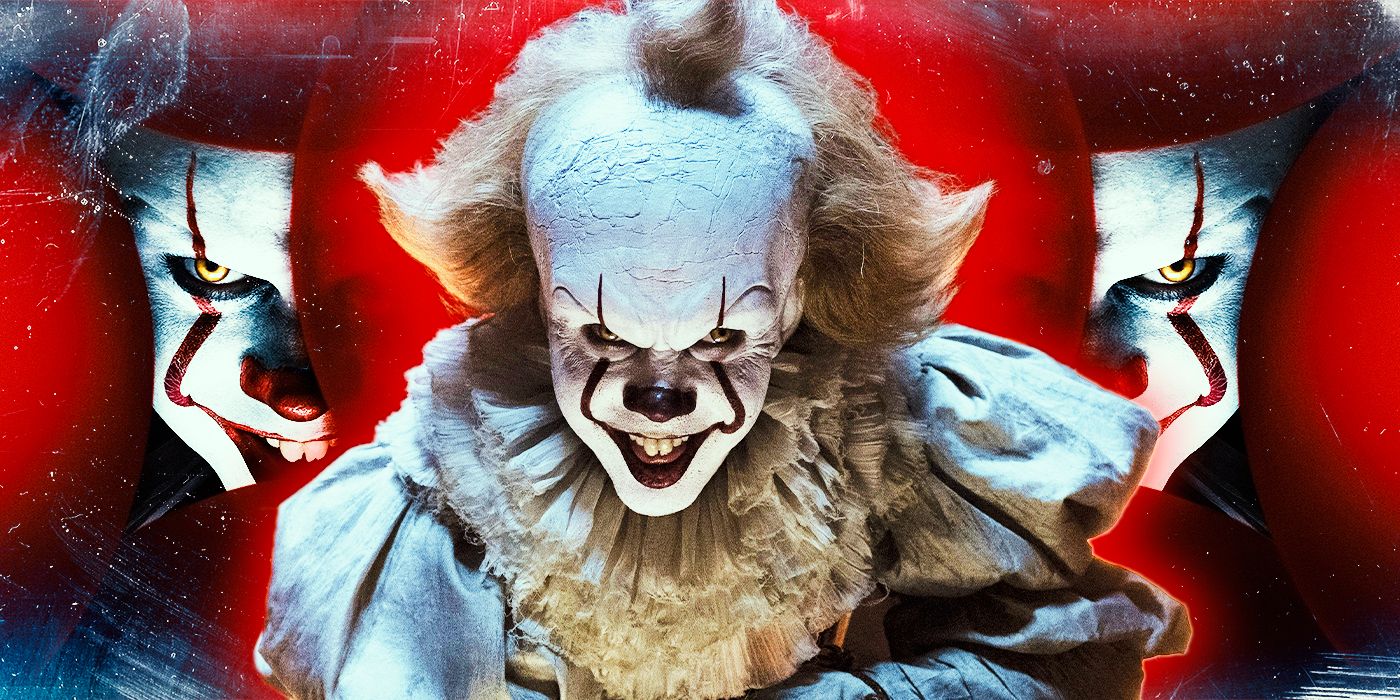
Beyond IT: All of Pennywise's Appearances in Other Stephen King Stories
TV and movies have been pretty shy about overtly referencing Pennywise, but Stephen King's novels make repeated references to the sinister clown.It's most controversial scene was a natural excision for the 1990 made-for-TV adaptation. A major network was the obvious outlet for a miniseries, allowing both halves of the novel to air over multiple nights. However, that also meant toning down the content, such as the violence. The miniseries already walked a fine line in terms of content, namely because of restrictions at the time. Even the amount of blood seen on screen and the fact that young children were in mortal danger pushed several envelopes. Tim Curry's terrifying performance as Pennywise made up for any potential watering down of the special's fear factor, though the sexual encounter was removed, for obvious reasons.
It movie director Andy Muschietti had a far greater range for his 2017 feature adaptation, which is largely considered to be superior to the 1990 version. It was made in an era when the box office favored multi-part sagas over stand-alone stories. That permitted him to film both parts of It with an R-rating, with far more adult content than the 1990 TV version. This included adult language, which matched the mannerisms of a group of misfit kids such as the Losers Club. Despite this, Muschietti also shied away from the notorious scene that caused the It book controversy. Gary Dauberman - who worked on the script for It: Chapter One - clarified why the scene was removed.
"Besides Georgie in the sewer [the It opening], I think it's the one scene that everybody kind of brings up and it's such a shame. While it's an important scene, it doesn't define the book in any way I don't think, and it shouldn't."
Future The Brave and the Bold director Andy Muschietti has rapidly become a big name among filmmakers, and this is due in large part the the success of It. The two movies were lauded for they handled the material, helping to make the Stephen King novel into even more of a beloved story for a new generation. After all, It: Chapter One was released 27 years after the original TV miniseries, meaning that a large percentage of new horror fans had come to experience it long after the fact. Despite the fidelity to King's work, that scene from It being removed wasn't the only major change to the material done in Muschietti's two movies.
Other Differences Between Stephen King's It Novel and the Film Adaptation
It's Original Time Period Was Altered for Today's Audiences
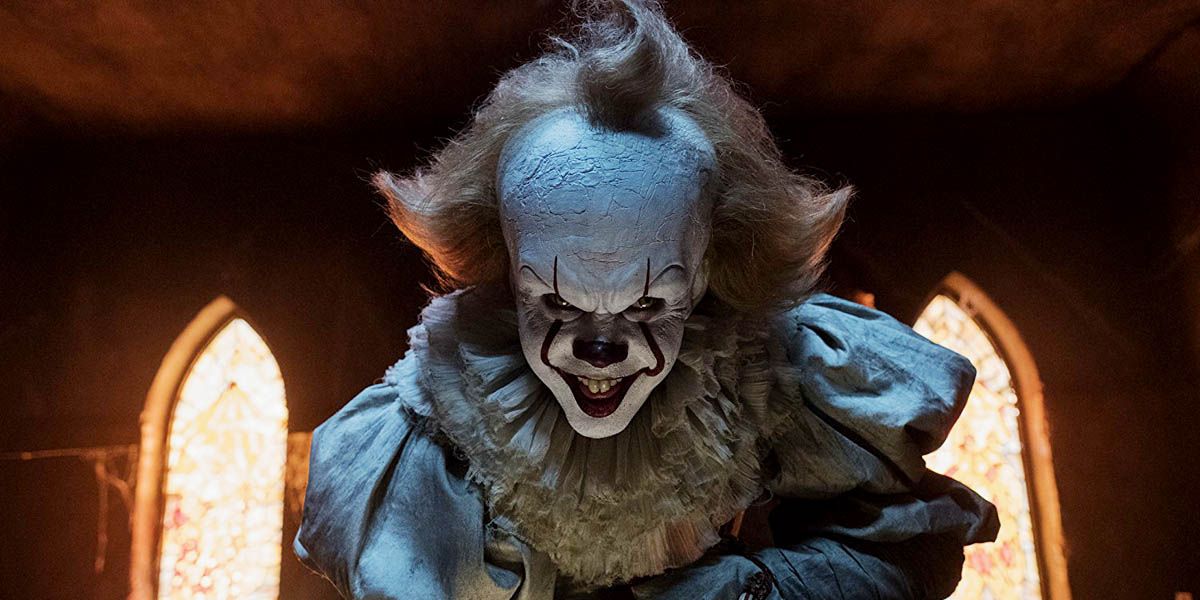
It: Chapter 2's Losers Club Go Back to Derry in New Group Photo
The adult cast of The Losers Club assemble in a new group photo during a table read.The most obvious change that the It movies make Stephen King's It book or Tommy Lee Wallace's 1990 miniseries is the time period. In the source material, the childhood of the Losers Club takes place during the 1950s, while the present day events are in the 1980s. That's changed in Andy Muschietti's movies, with the past seen in It: Chapter One taking place in the 1980s, instead. Conversely, the time jump is still around the same span of time, with the final events with the adults in It: Chapter Two being set in the late 2010s.
For the most part, this wasn't much of a narrative change, with the story beats and characters not being altered to fit this time jump. The main ways in which the 1980s setting manifests is through pop culture, with one of these uses showing how much of a misfit Ben Hanscomb was, even among the rest of the Losers Club. He's initially embarrassed about his New Kids on the Block poster, though it's something that Beverly takes a liking to. Conversely, Richie is at one point seen playing the original Street Fighter from 1987, which further dates the movie.
This also changes some of the forms that Pennywise takes, as the It book uses the 1950s setting to its advantage. This time period is known for now classic Universal movie monsters. These included The Wolfman, The Mummy and others, with Pennywise taking this form in the books to scare the kids. While he still shapeshifts in the movies, these forms aren't seen. After all, kids growing up in the era of slasher movies would likely find these more old-school horror movies to be far from scary. Sadly, the movie never took advantage of the fact that it was made by Warner Bros. subsidiary New Line Cinema, as this could have allowed the dancing clown to take on the clawed form of Freddy Krueger.
Character Changes
In the It book, Mike Hanlon is the story's narrator, which matches his later role as the librarian of the town of Derry. He's also dedicated, as an adult, to looking into the town's history, which has all manner of dark secrets. Beforehand, he was also incredibly close with his father as a child, which informs the weapons that Mike uses against Pennywise when the Losers Club encounters him. Despite how pivotal this was to Mike in the It book, it's changed in Muschietti's It: Chapter One.
In the movie, Mike lives with his grandfather after having lost both of his parents in a fire, and it's their visage that Pennywise taunts him with. Conversely, Ben is the one who brings the Losers Club up to speed on the history of Derry instead of Mike. For the most part, however, the Losers Club is adapted faithfully, with the main exception being the removal of the scene that earned the It novel controversy. These kids' stories may be over, but there's still more to be shown about the town that Pennywise came to haunt.
It Is Getting a Prequel Spinoff Series
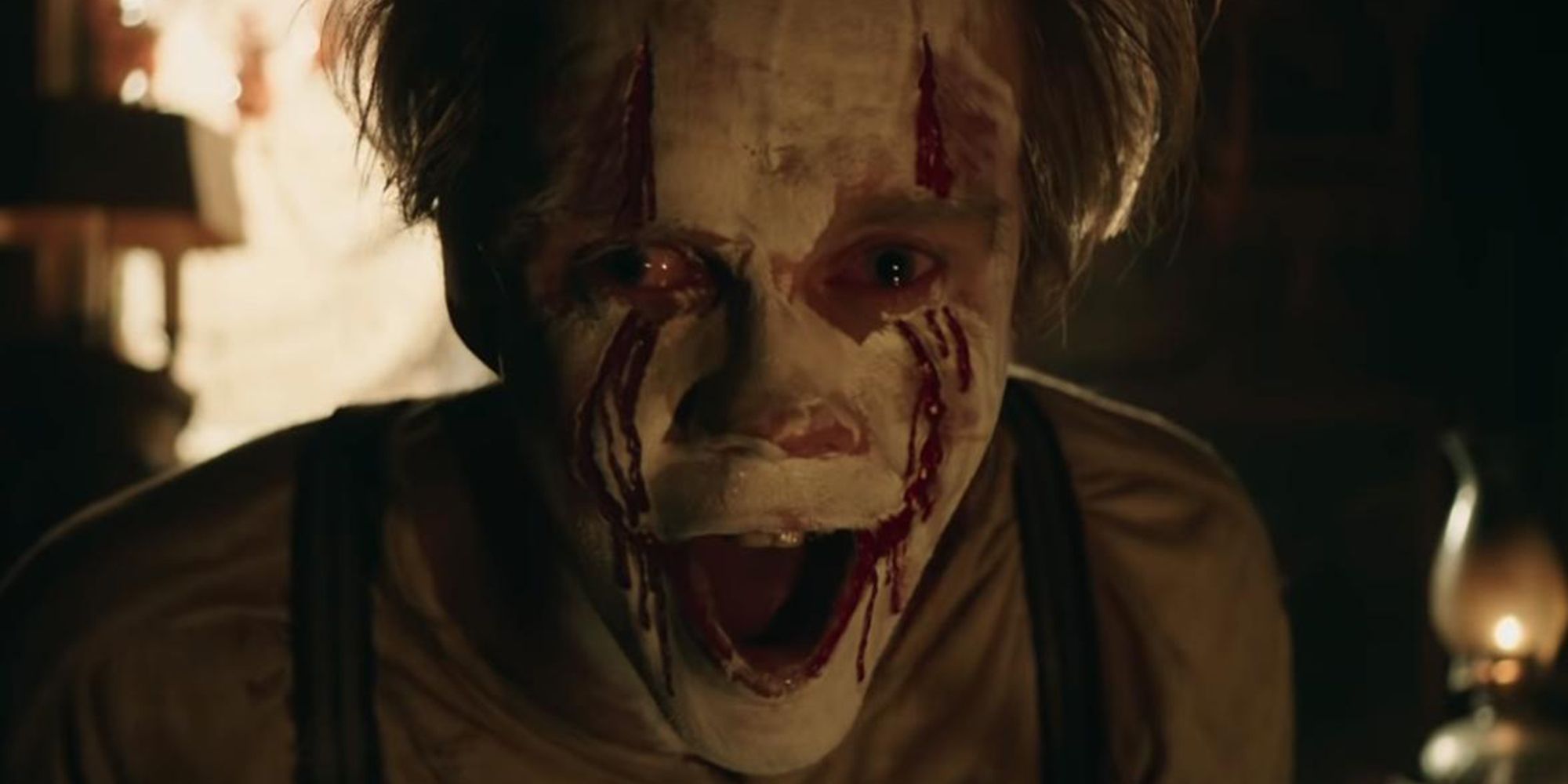
Forget an It Prequel, HBO Max Should Focus On a New Pennywise
HBO Max is eyeing an It TV prequel called Welcome to Derry, but the focus should be on a sequel series with a new Pennywise slaughtering humanity.In 2022, a prequel series to Andy Muschietti's It movies was announced. Titled Welcome to Derry, the series will detail the origins of Pennywise the Clown. It will be set several years before the first movie's events and take place during the 1960s. This ironically puts it far closer to the time period of the It book and the original miniseries, and the series will have Andy Muschietti return to direct the pilot episode.
Welcome to Derry is planned to premiere sometime in the future on the Max streaming service. Given that it's not directly adapting a Stephen King novel, however, it's unknown exactly what all the show will entail beyond Pennywise's beginnings. It's all but certain the miniseries won't feature that scene from It, though it's sure to have its own content and characters that viewers will find unsettling and scary - namely the franchise's titular clown.

